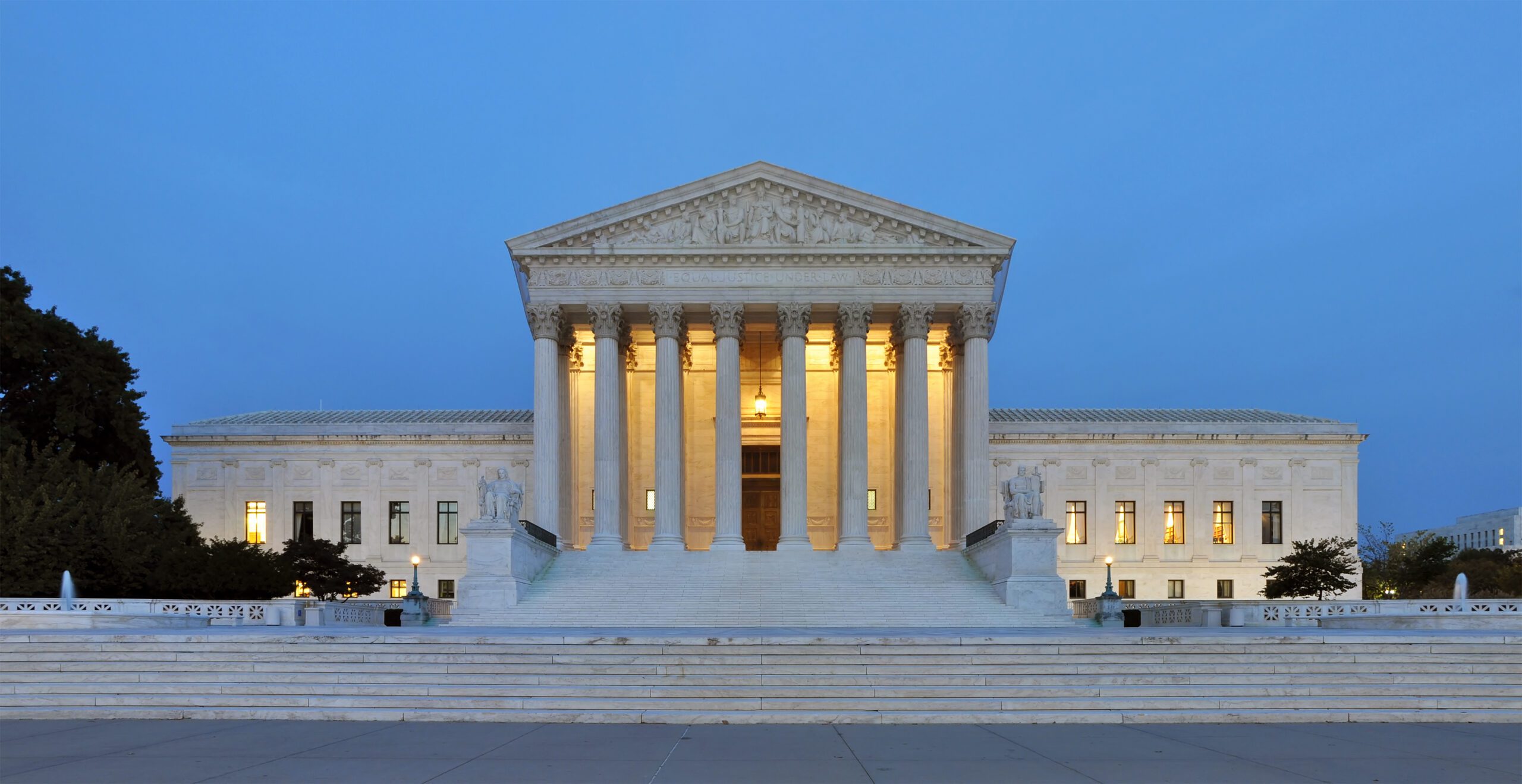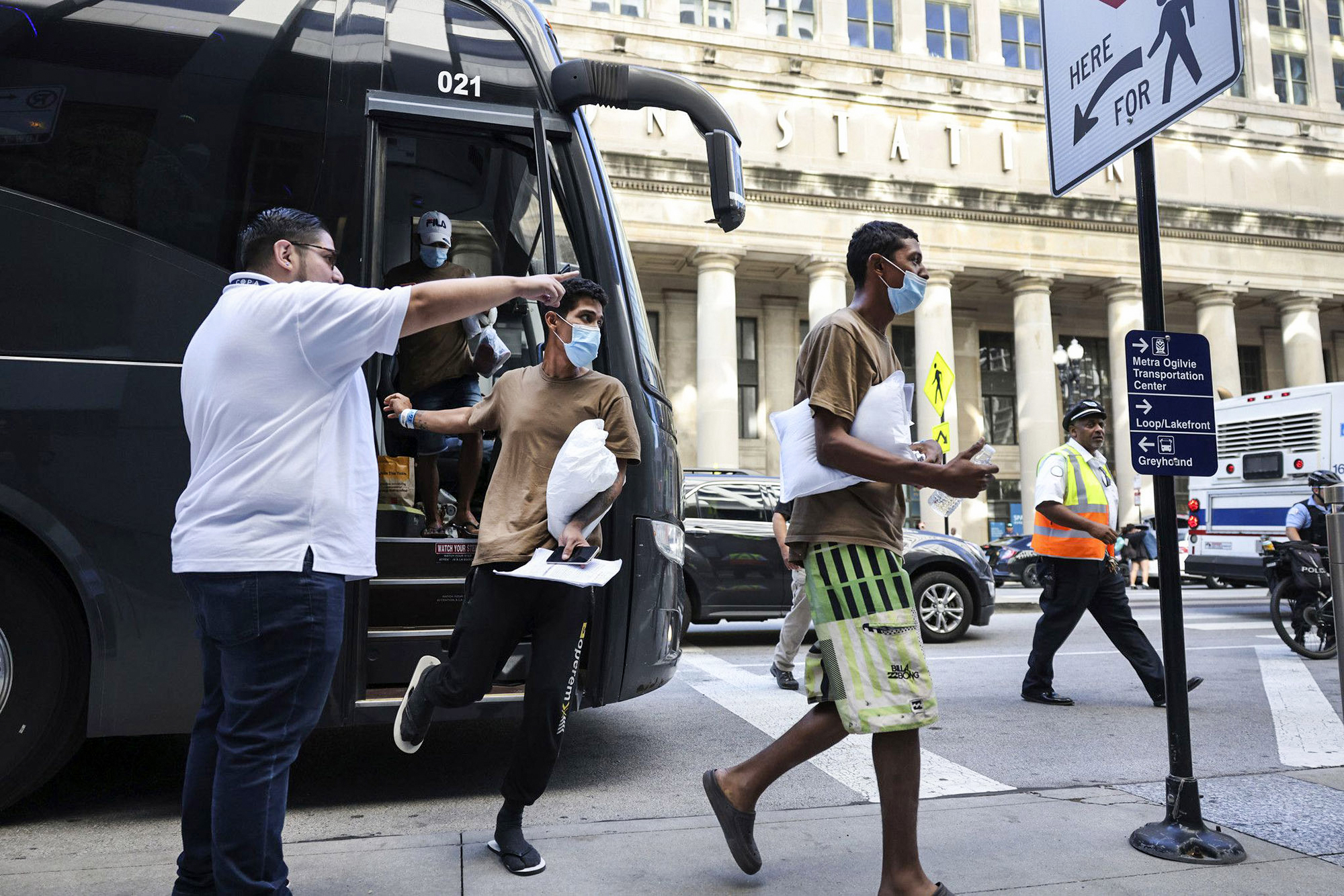By John F. Di Leo, Opinion Contributor
The Supreme Court has struck down blatantly racist admissions policies at Harvard and the University of North Carolina, and the Left is horrified.
First, let’s clarify one thing: affirmative action at those two universities, and at many others, is blatantly racist, and has been for a long time.
As the majority opinion explains, race is one of the very first things some colleges look at; they put the applicants into groups and then seek to ensure that the next class’ racial makeup is going to be similar to the last class’ racial makeup.
There was a time when the college admissions process was all about two things: academic merit and legacy (whether other family members attended the school, so they could build familial allegiance).
But there was always athletic prowess too, wasn’t there? Could this student help us win football games, even if he’s not necessarily a star in the classroom?
And there was always money. Is he likely to graduate and become wealthy and be a generous donor to his dear alma mater?
And there was always the course of study. Do we need more chemical engineering majors or more pre-med students this year? Do we have room for more theatre kids or more history majors? Does the music school have enough french horns? Can any students play the pipe organ at the library?
When you think about it, in fact, there have always been lots of things besides academic merit that played a role in the admissions process — but only since the advent of the reverse racism of the last fifty years has one singular credential — the color of one’s skin, overwhelmed everything else.
Nowadays, they look at race first and foremost.
Far better students are denied access to the best schools for their majors or to the most respectable degrees in their professions. Far better students are denied the ability to enter the elite class that populates the high ranks of both the public and private sector, just because of the color of their skin.
At one time, white skin was prized. Today, black skin is prized. How is that an improvement?
This violent swing of the pendulum has not been a correction; it’s just a new version of the very same problem. That’s not progress.
Associate Justice Clarence Thomas has eloquently spoken and written on this issue for many years; it was one of the animating motivators in his career at the Equal Employment Opportunity Commission before he joined the Supreme Court.
Thomas recognized very early on that a well known affirmative action program hurts everyone; not just those qualified individuals who lose a place to it — but even those underqualified individuals who gain a place because of it.
Why? Because the underqualified ones so often end up in programs or jobs that are too difficult for them, causing them to either wash out or be carried along by forgiving professors, eventually being granted a degree that promises them jobs in which they’ll fail.
As a further result, the truly qualified minorities who get jobs at companies known for using hiring quotas, or the topnotch students who get degrees from schools known for employing affirmative action, get unjustly painted with the same brush — so outsiders see their promotions or their degrees, and just assume that it must have been an affirmative action move rather than an earned demonstration of talent.
In short, everyone loses. Everyone.
So the Supreme Court, well aware of all this, and also directed by law and judicial precedent, had to strike it down this year. Even if they hadn’t wanted to, they truly had no choice. The law is that clear.
Racial prejudice designed specifically to harm a group is simply unacceptable. As they put it in the majority opinion, the Equal Protection Clause requires “that race may never be used as a negative and it may never operate as a stereotype.”
The minority on the court that chose to dissent — the three leftist holdovers who are themselves affirmative action appointments — have no ground to stand on. Whether you objectively like the idea, or the goal, or the spirit, of affirmative action in academia, it is anathema to a nation that champions equal rights under the law.
We may still ask, however, shouldn’t we have the right to discriminate if we want to?
Don’t be horrified in this question — we’re not using the term negatively — we’re using it the right way. “To discriminate” is simply to use one’s judgment in weighing the relative merits and demerits of a case before making a decision.
For example. A parent with small children is discriminating when choosing the minivan with great safety features over the econobox that crumples in an accident.
A homebuyer is discriminating when choosing the house down the block from a school and a playground over the house that’s only driving distance from them.
A girl is discriminating when she chooses to go out on a date with the respectably-dressed guy with a good job instead of the slovenly unemployed guy with an ankle bracelet.
There are positives to discrimination. In everything one does in life, one should discriminate. That’s what decision-making is. We just need to discriminate based on proper issues, in legal and in proper ways.
What’s the difference? Why can government tell these colleges not to discriminate against white or Asian students? Why can’t the government tell you not to discriminate between those two houses; or between those two cars; or between those two potential boyfriends?
And that’s the part of this issue that most of the press will not be covering in the days and weeks to come — but in a way, it’s the most important part of the debate.
The government can’t tell you who to date or where to live or what to drive because the government doesn’t have a role in that choice. The government doesn’t fund or operate those products. The government didn’t present your daughter with two guys to date and then tell her which one to pick.
If you want to be free of government demands, become a libertarian. Be independent of the government’s programs, as much as possible. As the old saying goes, “if you take the king’s shilling, you must dance to the king’s tune.”
By contrast, the government has got its hooks in the higher education arena, seven ways to Sunday.
Both public and private colleges are largely free of property taxes and income taxes. The colleges are built on donations and bequests that are largely or entirely tax-free. College tuition expenditures enjoy a mix of tax deductions and sometimes even exemptions to enable parents to afford for their little darlings to attend.
These colleges don’t want to give up these government-blessed breaks, so they must listen to the government, and obey.
But it goes way beyond the tax-deductibility of their private donors and their students’ parents.
Colleges also get direct pay from government at all levels. There are the land-grant schools, the state colleges, and the other city and county college systems — ranging from the most prestigious to the least, funded by local and state taxes.
There are the national service academies, directly funded by the federal government in full.
There are ROTC programs at hundreds of public and private colleges, bringing in more federal dollars.
There are the students who afford their insane tuition rates by bringing to the table a portfolio of federal grants, and federally-guaranteed student loans, and federally-blessed tax-free state 529 plans.
There are the countless billions in research grants, created by the myriad bureaus and departments and agencies of the federal government, sometimes in partnership with private manufacturers awash in government contracts.
There are even research grants funded by foreign governments whenever a foreign country wants to do an end run around the US Export Controls, so they create joint cutting edge research projects at US universities, sending their own professors and students here to join the teams and share the technical know-how of the United States with them, whether close or far, legal or illegal.
With this much taxpayer funding blanketing our higher education landscape, you simply can’t deny that the federal government has a right to impose its will on these institutions.
The Supreme Court is right, and the colleges can’t claim it’s none of their business. Everything that goes on in our colleges today is a creature of the government, for good or for ill.
If you want to be immune from the government’s rules, sever those ties. Stop setting your tuition so high that your students need government grants to take your classes.
Stop building fancy skyscrapers that depend on tax-free bequests.
Stop salivating outside the doors of federal agencies, drooling over the next research project. Stop partnering with federal and state bureaucrats for co-ops and internships that enhance the employment funnel that ties you ever more tightly to the government’s clutches.
But that’s not going to happen, is it?
The incestuous relationship between our colleges and our government is far too tight to break.
The Supreme Court has stated the law, clearly and publicly. It has the right to win out, and finally straighten out admissions practices for good.
But even now, the leftist academe and their allies in the bureaucracy are working on parsing each phrase, trying to find any possible method to justify claiming the ruling was narrower than it is — claiming that it doesn’t really apply to this college or that one; to this program or that one; to this student or that one.
The bureaucracy is firmly on the side of the bigots, as it has always been. It wants to do an end run around this ruling.
So the real question before us today isn’t “which student shall be admitted, the qualified or the unqualified?”
The question of the day is, “which body shall win the day – the Supreme Court of the land, or the Deep State?”
Copyright 2023 John F. Di Leo
John F. Di Leo is a Chicagoland-based trade compliance trainer and transportation manager, writer, and actor. A one-time county chairman of the Milwaukee County Republican Party, he has been writing regularly for Illinois Review since 2009. Follow John F. Di Leo on Facebook, Twitter, Gettr or TruthSocial.
A collection of John’s Illinois Review articles about vote fraud, The Tales of Little Pavel, and his 2021 political satires about current events, Evening Soup with Basement Joe, Volumes One and Two, are available, in either paperback or eBook, only on Amazon.
A 1984 graduate of Evanston’s “Midwest Ivy” – Northwestern University – he has never yet found anyone there who will admit why on earth they admitted him.
Don’t miss an article! Use the tool on this page to sign up for Illinois Review’s free email notification service, so you always know when Illinois Review publishes new content!









